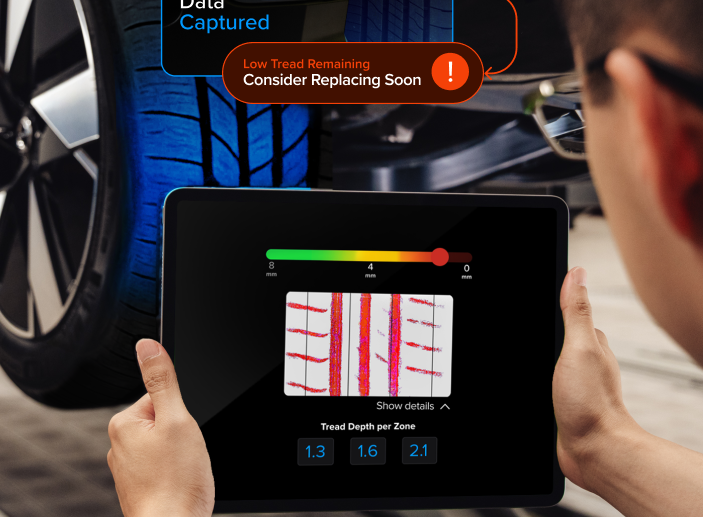
How Scan and Go Benefits Data-Driven Retailers
Retailers have been using circulars and leaflets for decades to promote deals and commercial actions to their customers. Everyone of us still gets them by the dozen in our mailboxes. Although these printed circulars can be a useful tool for retailers, they also come with many downsides:
- Grocery circulars often account for the largest share of the marketing budget.
- Printed ads are not targeted. Everyone in the area will receive exactly the same.
- It is hard to measure the effectiveness of printed ads.
- Prints generate enormous amounts of paper waste, with more than a quarter of recipients throwing these circulars away.
On the other side, customers are showing a growing interest for digital shopping experience. In this blog, we will see how Scan & Go allows retailers to offer a more personalized shopping experience, and how it provides grocers with tools to improve their direct marketing strategy.
A shift toward digital
The past few years have however seen a shift in the consumer landscape. And while many people still want their printed circular to get the best deals, there is a noticeable shift that shows the market is starting to much prefer digital coupons over their printed counterparts. With consumers’ habits changing, it’s only normal that the retail industry adapts itself to the new demands of its customers. As Rachel West, Principal at RevTech Ventures said in a previous podcast with us, “adapt or die”.
Digital coupons, or digital advertisement in general, have the main advantage of being easy to adapt for each consumer or for each group of consumers. They are no longer targeted only by their geographical location but can be presented with different promotions depending on their age, their interests and even shopping habits.

Scan & Go helps retailers go further
More than half of customers want to know what offers are available in real-time, during their shopping experience. If printed or digital circular technically allow that, they usually contain a lot of information that can be missed by customers, in addition to having to search for promotions each time they want to pick up an item.
Scan & Go can come in to offer a powerful and real-time solution to retailers. As customers register and use a retailer’s mobile application, their shopping experience can be customized and automated in real time. That means that if a customer is picking up and scanning an item – let’s say a chocolate bar – the application can recommend another similar item at an advantageous price, or if a coupon can be redeemed, the customer can be instantly notified.
In addition to directly knowing the purchasing activity and behavior from each customer, Scan & Go can significantly help retailers gather more vital shopping information:
- What was the shoppers journey to the final basket?
- Which items were picked, then discarded?
- What are the user’s buying habits – what kind of products, and in what quantities?
- And even when to anticipate higher shopping traffic and staff accordingly.
This information could be very valuable to target customers more efficiently, by proposing discounted items, items that are usually part of a customer’s basket, or retargeting items that were discarded.
Scan & Go and data privacy
If customers share data with retailers when they use Scan & Go, it is important to understand what grocers may or may not do with that data according to the law. As that information is usually linked to a customer’s account, it falls under General Data Protection Regulation (GDPR) law.
When it comes to direct marketing and promotions, GDPR says it should respect a basis of legitimate interests. This means that whatever the customer’s data is used for, it should be beneficial to the customer. Retailers should also make sure that customers feel like this particular marketing strategy is legitimate, necessary and proportionate to customers’ interests, and not overly intrusive.
Offer the best customer experience with Scan & Go
Scan & Go shoppers already tend to buy more than traditional checkout shoppers, and customers love it. By integrating an enterprise barcode scanning solution into the shopping application, retailers can offer Scan & Go easily and improve their customer experience and their direct marketing strategy.
With a scanning SDK integrated into your customer app, shoppers can use their own smartphone just like any enterprise-grade barcode scanner.
For retailers that have an existing customer app, or which are in the process of creating one, Anyline scanning solutions are built to work on iOS, Android and Windows, while also offering support for common integration frameworks including Xamarin, React Native and Cordova. Test it for yourself today with our demo app, or get the 30-day free trial for our SDK.



